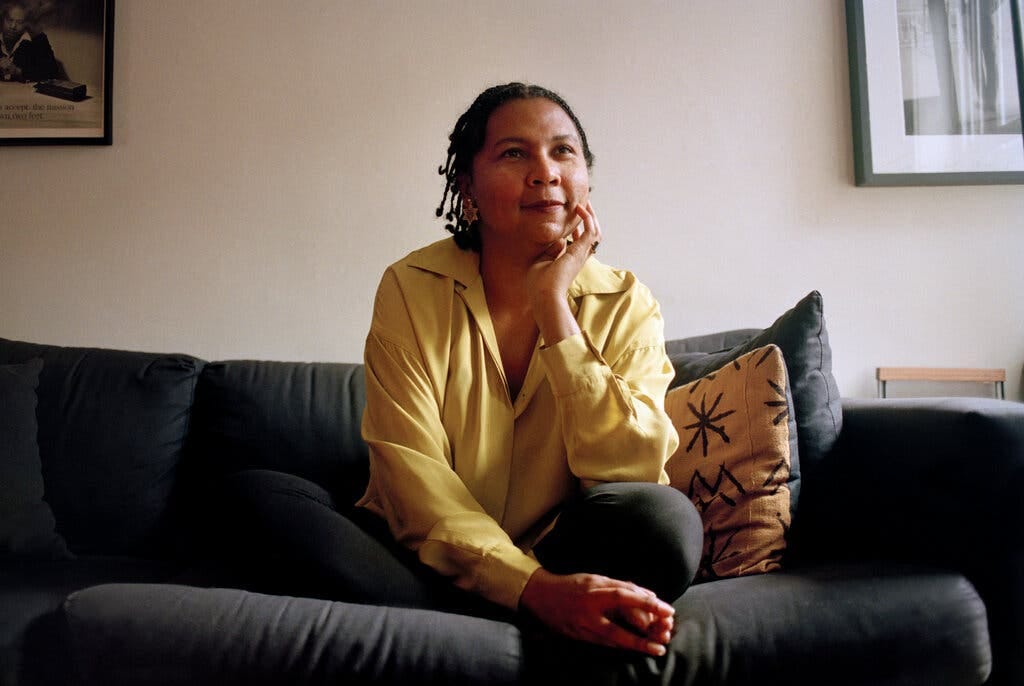Welcome to the latest issue of Subtle Maneuvers. Browse the complete archive of back issues here.
bell hooks (1952–2021)

If you’ve been following this newsletter for any length of time, you know that I tend to wallow in the more frustrating aspects of the creative process: the blocks and dry spells, the bouts of self-doubt and procrastination, the masochism and obsession and pervasive uncertainty. Personally, I find these stories comforting—it’s such a relief to know I’m not the only one flailing around with my work, with only the dimmest sense of forward progress.
But I want to kick off 2022 by acknowledging the other side of the coin: that making stuff can also be a joy, not to mention a tremendous privilege. These are facts I was reminded of recently through the late writer bell hooks’s 1999 book Remembered Rapture: The Writer at Work, which I first picked up while researching Daily Rituals and revisited after the sad news of hooks’s death last month at age 69.
Unlike so many writer-at-work books, this one does not indulge in poor-me shenanigans. Instead, hooks professes to love writing and savor the time she spends at her desk. In fact, the “rapture” of the title is . . . writing itself (!). Here’s a representative passage, from the preface:



